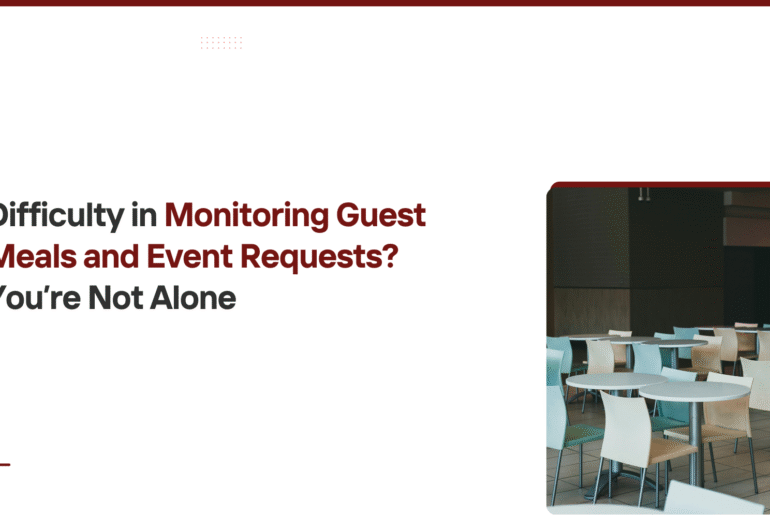In high-stakes environments like manufacturing plants, residential societies, or retail chains, seconds can make the difference between security prevention and disaster. Yet many organizations continue to operate with outdated patrolling systems. The lack of real-time monitoring is one of the most critical flaws in these setups—and it comes with steep consequences.
Let’s break down how the absence of real-time visibility affects security and how adopting the right solution can turn things around.
How Lack of Real-Time Monitoring Impacts Security Response Time
The Real Problem: Operating Blind
Traditional patrolling methods rely on:
-
Manual logbooks
-
End-of-shift reports
-
Occasional supervisor checks
This creates a visibility gap. Supervisors are unaware of:
-
Whether patrols are actually happening
-
When an incident is occurring
-
If a guard has deviated from their path
This leads to:
-
Delayed incident response
-
Missed security breaches
-
Lack of accountability
Case Study: A Missed Opportunity
A warehouse experienced a break-in at 2:30 AM. The guard had left his route 10 minutes earlier, but supervisors only found out after reviewing the report the next morning. The result?
-
Major inventory loss
-
Suspicion on security team
-
Costly operational delays
All this could have been avoided with real-time monitoring.
How Real-Time Monitoring Solves It
A system like Safeorg addresses this gap with live tracking and alerts. Here’s how it transforms security:
1. Live Guard Tracking
At any given time, you know:
-
Where each guard is
-
How much time they spend at each checkpoint
-
If they are idle or have gone off-route
2. Instant Alerts for Deviations
If a guard deviates from the set patrol path or misses a checkpoint, the system instantly alerts supervisors. Action can be taken within minutes, not hours.
3. Real-Time Incident Reporting
Guards can send immediate alerts with photos or notes via the mobile app. This ensures:
-
Instant visibility of threats
-
Quicker escalation to concerned authorities
-
Faster on-ground action
4. Dashboard for Command Center
Supervisors get a centralized dashboard showing:
-
Active patrols
-
Incident hotspots
-
Guard movement trails
This allows for dynamic decision-making in case of emergencies.
Impact on Response Time
Without real-time data:
-
Incident response may take 4-6 hours
-
Blame is hard to assign
-
Preventive action is nearly impossible
With Safeorg’s real-time features:
-
Incident response time drops to under 10 minutes
-
Supervisors get full accountability trails
-
Incidents are resolved before escalation
Real-World Impact
A gated community using Safeorg saw:
-
80% faster resolution of unauthorized entry
-
Zero missed patrols for 60 days straight
-
Peace of mind among residents and stakeholders
The ROI of Real-Time Monitoring
While some may see GPS-based solutions as a cost, they’re actually an investment:
-
Fewer security incidents mean lower loss
-
Better compliance with audit trails
-
Improved guard productivity and morale
Conclusion
The lack of real-time monitoring doesn’t just slow down your security team—it opens the door to risk. By adopting smart, GPS-enabled systems like Safeorg, companies can stay ahead of threats, improve incident response, and ensure total accountability.
Stop reacting to yesterday’s issues. Start preventing tomorrow’s threats with real-time intelligence.




